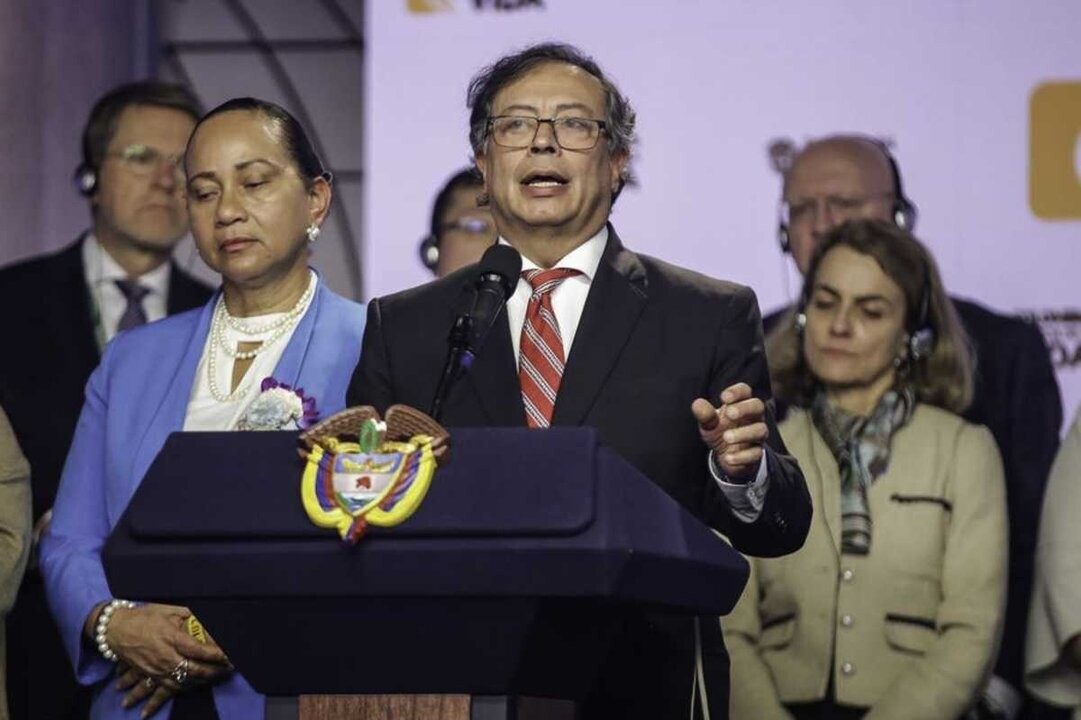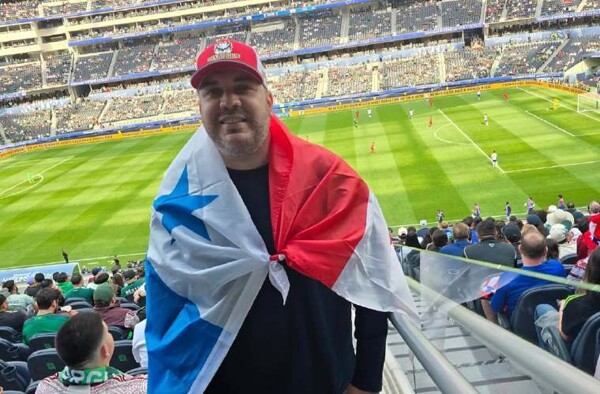
Several officials and ministers from the cabinet of Colombian President Gustavo Petro submitted their resignations after the controversial Cabinet Council held on Tuesday night, which was broadcast live at the president's order to show directly to the people, without intermediaries, the internal reality of his administration. The director of the Administrative Department of the Presidency of the Republic, Jorge Rojas, who took office seven days ago, and the Minister of Culture, Juan David Correa, who had held the position for 18 months, were the first to resign.
"Bringing the government to light seems democratic to me, it allows the people not to be indifferent to politics and to appropriate it and consciously decide to transform it," he opined. He also justified the public complaints he made to the ministers who have not achieved the level of execution that was expected and promised to Colombians. "The duty is to comply," asserted the president, who the night before insisted it is time for the people to oversee, participate in, and decide on the administrative acts of the democratically elected government.
The Vice President and one minister disagree with Petro's "multicolor project." In response to the complaints from his Vice President, Francia Márquez, and his Minister of Environment, Susana Muhamad, about appointing Armando Benedetti as chief of staff, the President stated that his project is multicolor and will allow contributions from all those committed to achieving the goals in the government plan. "I publicly reiterate my gratitude for the recognition and the invitation to work for Colombia's first progressive government," wrote Minister Correa in his resignation letter.
In this context, the chief general assured that humanitarian operations providing comprehensive care to "more than 2,000 companions who fled violence in Colombia" were maintained simultaneously. For his part, the Minister of the Interior, Juan Fernando Cristo, suggested that all ministers resign considering President Petro's evident dissatisfaction with the results of their management. "I want, in what remains of our time, and after significant progress in some areas and little progress in others, a united and transparent government facing the people and with the people," he assured.
One of the most relevant topics during the first televised Cabinet Council was the need to rethink the Total Peace policy, considering the humanitarian crisis generated in the Catatumbo region (northeast) due to systematic attacks by the National Liberation Army (ELN) guerrilla, which caused displacements and clashes between armed groups in areas like Cauca. Petro urged ministers and officials in his government with electoral aspirations to step aside to start their campaigns, thus avoiding a dual agenda that could interfere with the established policies to meet the objectives set by his government, which will end in mid-2026.
The Colombian Navy seized more than two tons of cocaine in the Pacific. The National Navy of Colombia reported that it seized more than two tons of cocaine hydrochloride in an LPV-type semi-submersible, crewed by two Colombians and one Ecuadorian in Pacific waters. "I propose to the ministers, as I did unsuccessfully two weeks ago, that we resign today to allow the President to make the changes he deems necessary to face the challenges of the final stretch of government," the official wrote on his social media account.













